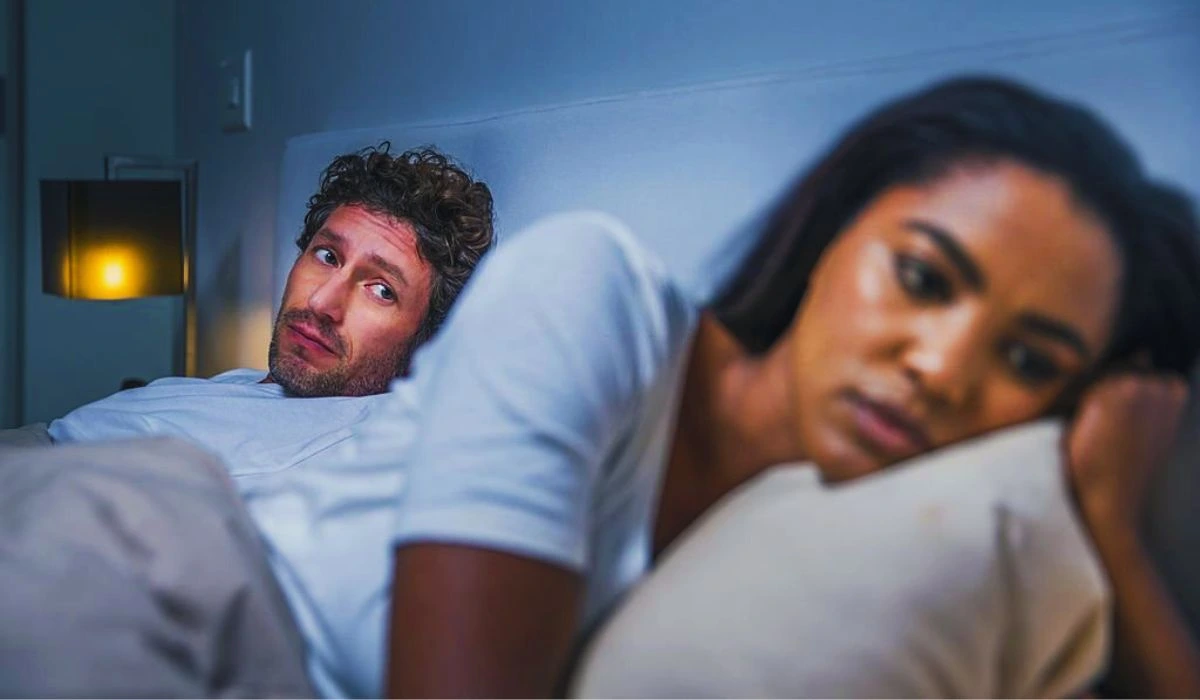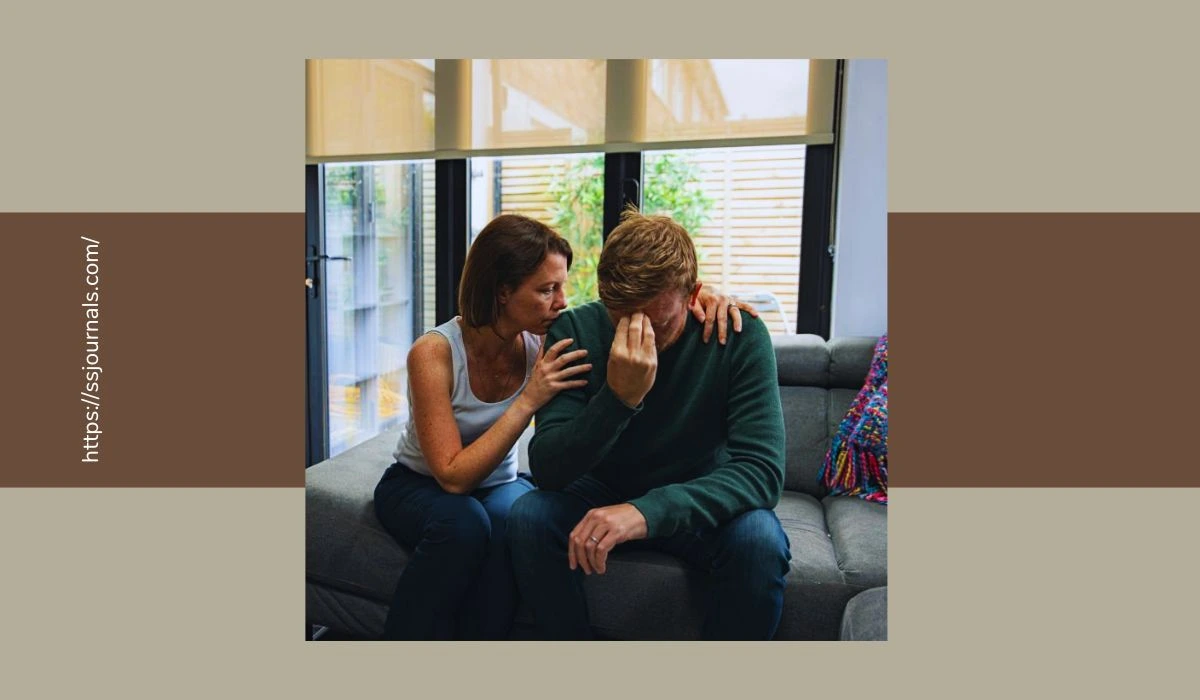Low libido, also known as decreased sex drive, is a common condition that affects men of all ages. Having a low libido can negatively impact one’s quality of life and relationship. Understanding the potential causes and symptoms of low male libido is important for finding solutions. In this article, we will examine the common causes, symptoms, natural prevention tips, and frequently asked questions related to low libido in males.
Common Causes Of Low Libido In Males

There are many potential causes of low libido in men, including both physical and psychological factors. Some of the most common causes include:
- Low testosterone levels: Testosterone is the key male sex hormone that regulates libido and sexual function. Low T levels, which can occur due to aging, obesity, chronic illness, inflammation, and medications, are the prime causes of low libido.
- Erectile dysfunction: The inability to achieve or maintain an erection can lead to decreased sexual drive and activity. Causes of erectile dysfunction include vascular disease, diabetes, neurological disorders, medication side effects, and psychogenic factors.
- Chronic illness: Conditions like diabetes, heart disease, chronic kidney disease, and cancer can negatively impact sexual health and desire.
- Medications: Antidepressants, blood pressure medications, pain medication, and others may have sexual side effects like low libido.
- Stress and fatigue: Physical exhaustion, sleep deprivation, and high-stress levels can all reduce libido and sex drive. Psychological stressors like work, money issues, and relationship problems can also interfere with sexual desire.
- Depression and anxiety: Mental health conditions like depression, anxiety disorders, and PTSD commonly contribute to loss of libido and sexual dysfunction.
- Obesity: Excess weight, especially abdominal fat, can lead to imbalanced hormone levels and reduced sexual desire.
- Smoking and alcohol: Chronic smoking and excessive alcohol use have been linked to decreased testosterone and libido issues in men.
Symptoms Of Low Libido In Males
How do you know if you have low libido? There are a few key symptoms that may indicate decreased sex drive:
- Lack of interest in sexual activity, fantasies, or stimuli
- Difficulty getting or maintaining an erection
- Delayed or inability to orgasm/ejaculate
- Engaging in sexual activity out of obligation rather than desire
- Turning down opportunities for sexual activity with a willing partner
- Feeling distressed or concerned about your low desire or sexual performance
- Your partner has concerns about your level of sexual interest
Other related symptoms can include reduced energy levels, depressive mood, poor self-esteem, and irritability. Pay attention to any symptoms interfering with sexual satisfaction for you and your partner.
Natural Prevention Tips For Low Libido In Males
If you experience bothersome symptoms of low libido, there are some natural ways you can potentially boost your sex drive without medications:
- Exercise regularly: Engage in cardio, strength training, and other physical activity to increase blood flow, lower stress, aid sleep, and balance hormones.
- Reduce alcohol intake: Limit alcohol consumption which can dampen libido both short-term and by decreasing testosterone over time.
- Stop smoking: Quit smoking to improve sexual health and reverse nicotine’s negative effects on arousal and performance.
- Improve diet: Eat a balanced, nutrient-dense diet high in lean proteins, fruits, vegetables, and healthy fats to optimize energy and sexual function. Avoid crash diets.
- Reduce stress: Make time for relaxing activities like yoga, meditation, massage, or even hobbies to lower stress and anxiety impeding libido.
- Get more sleep: Prioritize getting 7-9 hours of quality sleep per night to increase testosterone and energize your sex drive.
- Communicate with your partner: Discuss your libido concerns and sexual needs openly with your partner to reduce pressure and strengthen intimacy.
- Seek counseling: Get help from a sex therapist or counselor if psychological factors like depression, shame, or relationship issues are impacting desire.
- Supplements: In some cases, supplements like Tongkat Ali, Tribulus, zinc, and horny goat weed may offer natural support for libido. Consult a doctor before using.
Conclusion
In summary, low libido or lowered sex drive is a complex issue with many potential causes. The most common factors leading to decreased male libido include low testosterone, chronic health conditions, medications, obesity, poor lifestyle habits, and mental health disorders.
Symptoms involve reduced desire for sexual activity, erectile dysfunction, and difficulty reaching orgasm. Making positive lifestyle changes, managing underlying health issues, communicating with your partner, and seeking medical advice when needed can help boost libido. While low libido can be challenging, there are options available to improve your sex life, intimacy, and enjoyment.
Frequently Asked Questions
While it varies, many men begin experiencing some decline in libido around age 30-35. More significant dips often occur after age 50 due to dropping testosterone levels.
It can be in some cases. Sudden, unexplained loss of libido can be linked to diabetes, pituitary tumors, liver disease, or other underlying medical issues. It’s important to discuss persistent libido changes with your doctor.
If hormone deficiency is causing low libido, testosterone replacement therapy via injections, gels, or patches may be helpful. There are also some prescription drugs like Viagra and Cialis that improve erectile function and sexual performance.
It’s a good idea, especially if you are experiencing other symptoms or your low desire is impacting your quality of life. A urologist can check hormone levels, rule out medical issues, and discuss treatment options that are right for you.
Absolutely. For many couples, communication issues, intimacy problems, stress, or partnership dynamics are interfering with sexual desire. Seeing a sex therapist or marriage counselor can help address these relationship factors.

